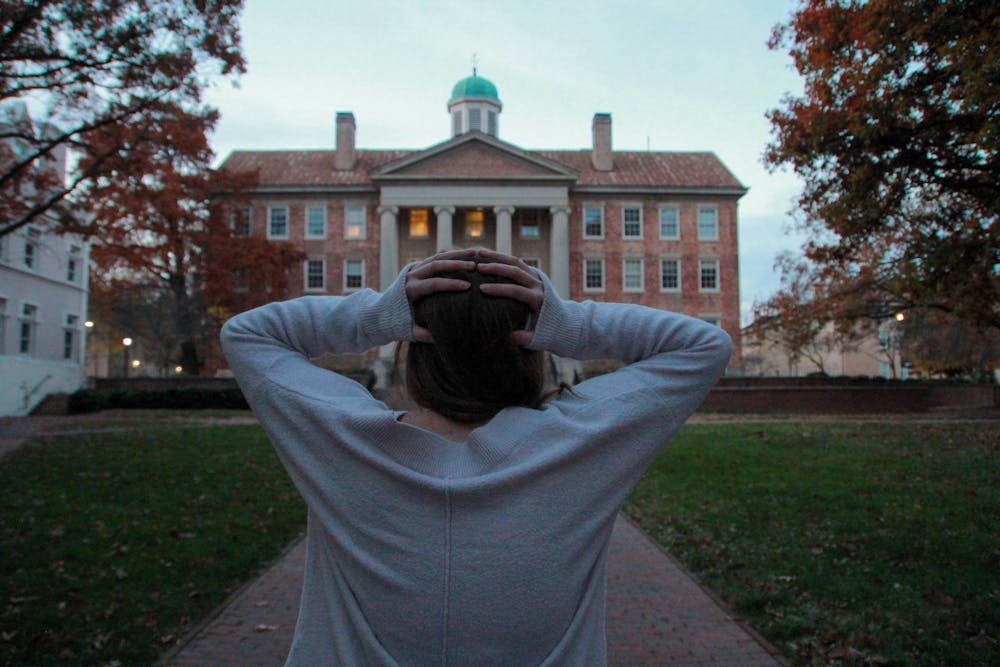Over the course of the year, there have been many developments in major lawsuits filed against the University. The cases involving Title IX, the North Carolina Open Meetings Law, the Clean Air Act and affirmative action all received rulings or settlements.
Title IX
On Jan. 11, the U.S. Supreme Court denied the University’s petition for writ of certiorari in the DTH Media Corp. v. Folt case. The petition was filed on Sept. 28, 2020, and requested that the ruling for the release of sexual assault records be reviewed.
DTH Media Corp., along with WRAL, the Charlotte Observer and the Herald Sun, sued the University for the release of the records during the fall 2016.
In May 2020, the N.C. Supreme Court ruled that the University had to turn over the disciplinary records for individuals found responsible for rape, sexual assault or sexual misconduct. The records, which were released in August 2020, showed that only 15 students were found in violation of UNC’s sexual assault policy since 2007.
Hugh Stevens, a lawyer who represented the plaintiffs in the lawsuit, said that since the Supreme Court denied the petition, there is nothing the University could do to make the records private again. However, if federal Title IX law changes in the future, it could impact if the records remain public.
“Under our public records law for the foreseeable future, the names and the punishments that were administered to people for sexual assault or sexual offenses are public, and I don’t see that changing under our law,” Stevens said. “The problem of course is the federal law can always change, and so we always have to be alert to the possibility that they will say those outcomes are not public, so I think everybody just kind of has to keep their eye on the ball.”
Open Meetings Law
In February, DTH Media Corp. settled its lawsuit against the UNC System over allegations of violating North Carolina Open Meetings Law when deciding on the Silent Sam settlement.




